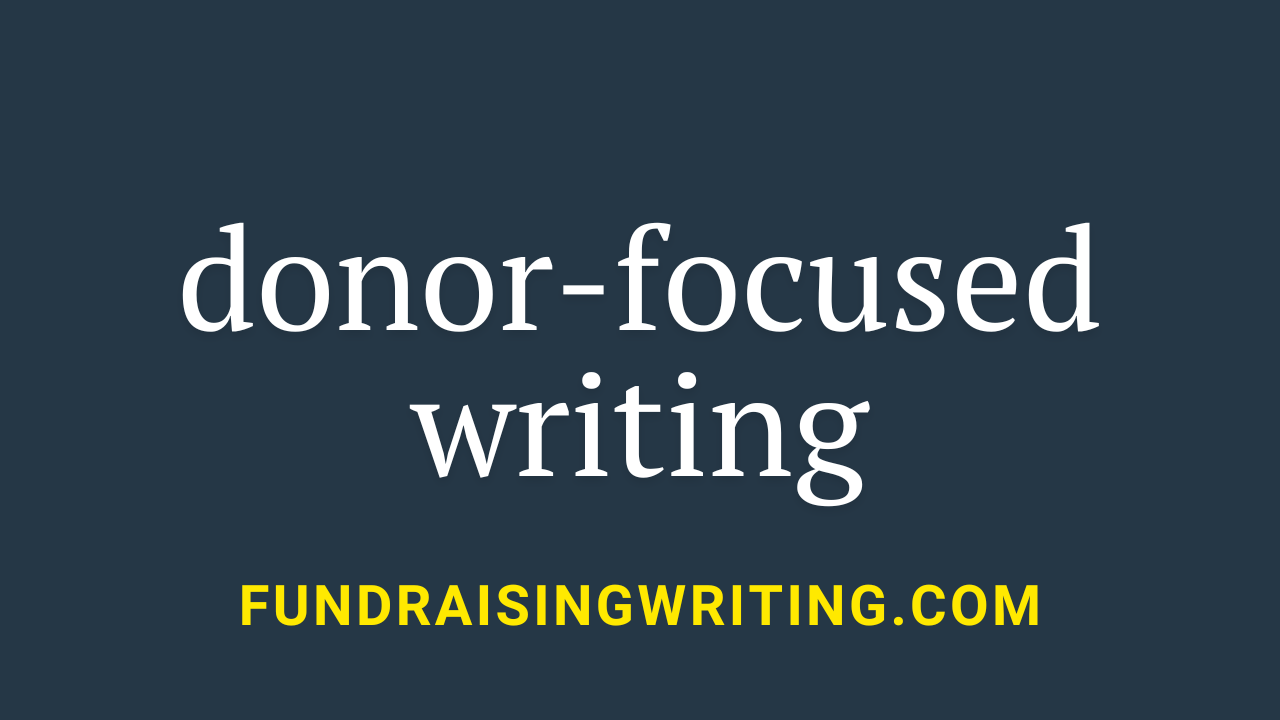
Donor-focused writing lessons from a Victorian poster
A poster from the 1800s show why knowing donors isn't enough. Learn to write with genuine care.
Brett and I just returned from the UK and Ireland, where I presented at The Fundraising Summer School in Dublin.
It was the trip of a lifetime.
I'm so happy and grateful that we got to do it.
My favorite destination was Bath, England, where Brett studied for a semester in 1992. It's gorgeous. And full of surprises.
One surprise was this poster we came across in a little pavilion in a park called Sydney Gardens.
|
|
Here's what the poster reads:
CHILDREN OF BATH,
Worry your Mothers to allow your Fathers to take you to SYDNEY GARDENS, Next Thursday,11th September—Great Doings there—and all for A SHILLING. The Last Gala.
Promise them you won’t be naughty for at least a week. Such beautiful Fire Works, you can’t think—and such Illuminations, and Fire Balloons, and Funny Songs; and you’ll see Naples, with the Burning Mountain of Vesuvius; and London by Moonlight—and the grand Railway, where they travel almost Fifty Miles an hour—and the great Fire of Bristol; then there’s a Congreve Rocket, a 38-Pounder, to be let off—they use ’em in the wars, and kill all near.
All this is to be seen for only 1 s
Therefore, worry your Mothers, I say; and if
they don’t let you go, never be good again.
DOORS OPEN AT HALF-PAST SIX.
NEXT THURSDAY,
11th SEPTEMBER.
I love this poster, but wow, talk about manipulative!
This is a good example of knowing your audience but not caring for your audience.
In fundraising especially, you need both.
Know your audience.
Care for your audience.
"Worry Your Mothers"? — I think not!
Have you ever read one of your own fundraising appeals, asked yourself, "If I weren’t on staff, would I give to this?" and then thought, "I doubt it."
That's understandable.
It's easy to fall into I'm-doing-my-job mode.
Instead, I recommend you aim for an if-I-were-a-donor-reading-this mode.
Here are 3 ways to write fundraising appeals that genuinely care for your audience.
1. Be real.
The poster’s author shouts: "Worry your Mothers!"
Ugh.
Comical, possibly. Caring, not in the slightest.
When you write, imagine you’re a donor who truly believes in your message but who doesn't live it or feel it as you do.
Try to call up back to the surface all of the feelings you associate with your cause, your org, and the fundraising story at hand... so they "bleed" into what you write.
Ask yourself: What would I say if this donor were my friend and we were at the kitchen table together, face to face for a conversation over tea and biscuits? (Did I mention Brett and I just got back from the UK and Ireland??)
Trust that your donor wants to make a difference and does not want to be talked to as anything other than a regular person who cares and might want to put her money where her heart is, if you give her a donor-sized problem to solve.
2. Be the donor.
Pick an organization you are interested in, then donate, giving more than usual. Stretch yourself so you truly feel the importance of deciding to invest in this organization.
Then sit back and watch how the org communicates with you: the receipts, the thank yous, the reporting back. Or, worst case scenario, the silence.
Notice:
- Do you feel valued or processed?
- Do you feel talked to or talked at?
- Do you feel invited into the mission or into the metrics?
Note what makes your heart swell and what makes it sink. "Steal" the good stuff. Forget the rest.
3. Stay focused.
Your audience is not your boss, your board, or whatever committee edits your comms by consensus. I mean, sure, kind of, yes, they are... but not really.
Your true audience is the donor alone.
So picture a donor (probably an elder woman, statistically speaking) and keep her in mind all along.
When you do these 3 things, you'll feel better because you'll be writing with one person in mind, from a place of caring, a very human and a very important thing to do.
Your donors will feel better too.
You'll see it in their increased giving.
(Now that's poster-worthy. 🪧)
The Fundraising Writing Newsletter
Every week we send a letter about fundraising, writing, donors, and life to smart fundraisers like you.
We share fresh, practical donor communication tips and resources... and some silliness too.
It’s free. Unsubscribe whenever you want.
We love when good things arrive in our inboxes. If you do too, subscribe today.



